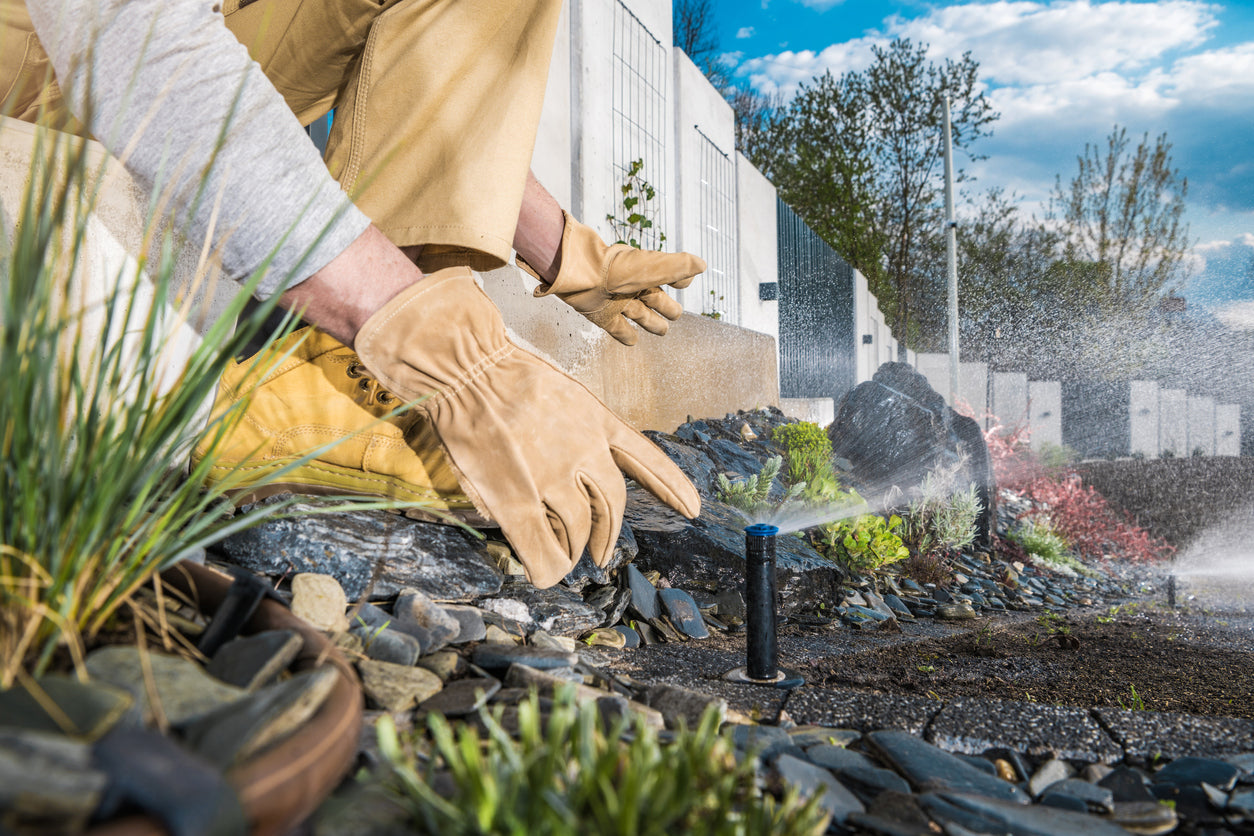
Advice on irrigation of your garden in New Zealand
A beautiful garden is a source of joy and pride for many homeowners in New Zealand. However, keeping your garden healthy and green can be a challenge, especially in dry and hot weather conditions. The key to maintaining a lush garden is proper irrigation. In this article, we will provide expert advice on garden irrigation in NZ, including the best techniques and methods to water your garden efficiently and effectively.
Key points:
- Why is Garden Irrigation Important in NZ?
- Types of Garden Irrigation Systems
- Choosing the Right Irrigation System for Your Garden
- How to Design a Garden Irrigation System
- Maintaining Your Garden Irrigation System
- Common Problems and Solutions in Garden Irrigation
- FAQs on Garden Irrigation in NZ
- Conclusion
Why is Garden Irrigation Important in NZ?
New Zealand has a varied climate, with some regions experiencing long dry spells, while others have high rainfall. Therefore, it's essential to ensure that your garden has adequate water supply throughout the year. Proper irrigation ensures that your plants receive the right amount of water at the right time, promoting healthy growth and preventing diseases.
Types of Garden Irrigation Systems
There are several types of garden irrigation systems available in NZ, including:
-
Sprinkler systems: This type of system sprays water in a circular pattern over your garden, simulating rain.
-
Drip irrigation: This system delivers water directly to the plant's roots through small, slow-dripping emitters, minimizing water wastage.
-
Soaker hoses: This type of system releases water through tiny holes along the hose's length, delivering water directly to the soil around your plants' roots.
Choosing the Right Irrigation System for Your Garden
Choosing the right irrigation system for your garden depends on several factors, such as:
-
Garden size: The size of your garden will determine the type and size of irrigation system you need.
-
Water source: The type of irrigation system you choose will depend on the water source available, such as mains water, rainwater, or bore water.
-
Soil type: Sandy soils require more frequent watering than clay soils, and the irrigation system must be able to accommodate this.
How to Design a Garden Irrigation System
Designing a garden irrigation system can be overwhelming, but with the right tools and knowledge, it's a straightforward process. Here's a step-by-step guide on how to design a garden irrigation system:
-
Measure your garden: Measure your garden's length, width, and depth to determine the irrigation system's size and capacity.
-
Identify the water source: Determine the water source and how you will connect the irrigation system to it.
-
Draw a plan: Draw a plan of your garden, marking out the areas where you want to water and the types of plants in each area.
-
Choose the irrigation system: Select the appropriate irrigation system based on your garden's needs, such as drip irrigation or sprinkler systems.
-
Install the system: Install the irrigation system according to the manufacturer's instructions or hire a professional to do it for you.
Maintaining Your Garden Irrigation System
Regular maintenance of your garden irrigation system is essential to ensure it functions correctly and lasts longer. Here are some maintenance tips:
-
Check for leaks: Regularly check your irrigation system for leaks, damaged pipes or sprinklers, and repair them as soon as possible.
- Adjust sprinklers: Adjust your sprinklers to ensure that water is reaching the intended areas
-
Clear clogs: Clear clogs in drip irrigation systems and soaker hoses to ensure proper water flow.
-
Clean filters: Clean filters in your irrigation system regularly to prevent clogging and improve water flow.
-
Monitor water usage: Keep an eye on your water usage and adjust your irrigation system accordingly to conserve water.
Common Problems and Solutions in Garden Irrigation
Despite proper maintenance, irrigation systems can still encounter problems. Here are some common issues and solutions:
-
Overwatering: Overwatering can lead to water wastage, plant diseases, and root rot. To prevent overwatering, adjust your irrigation system to deliver the right amount of water at the right time.
-
Underwatering: Underwatering can lead to dry and unhealthy plants. To avoid underwatering, check that your irrigation system is delivering enough water to all areas of your garden.
-
Clogged emitters: Clogged emitters in drip irrigation systems can lead to reduced water flow and uneven water distribution. To fix clogged emitters, clean or replace them as necessary.
-
Low water pressure: Low water pressure can result in poor water distribution and inefficient watering. To fix low water pressure, check your irrigation system's water source and ensure that it's functioning correctly.
FAQs on Garden Irrigation in NZ
- How often should I water my garden in NZ?
The frequency of watering depends on your soil type, climate, and the type of plants you have. In general, most plants require watering once or twice a week, while others may require more frequent watering.
- Can I water my garden using rainwater in NZ?
Yes, you can use rainwater to irrigate your garden in NZ. However, it's essential to ensure that your water storage tanks are properly maintained and cleaned to prevent contamination.
- Do I need a professional to install my garden irrigation system?
While you can install your irrigation system yourself, hiring a professional can ensure that the system is installed correctly and lasts longer.
Conclusion
Proper irrigation is essential for maintaining a healthy and vibrant garden in NZ. By following the advice on garden irrigation in NZ outlined in this article, you can keep your garden green and thriving all year round. Remember to choose the right irrigation system for your garden, design and install it correctly, and maintain it regularly to ensure optimal performance.
